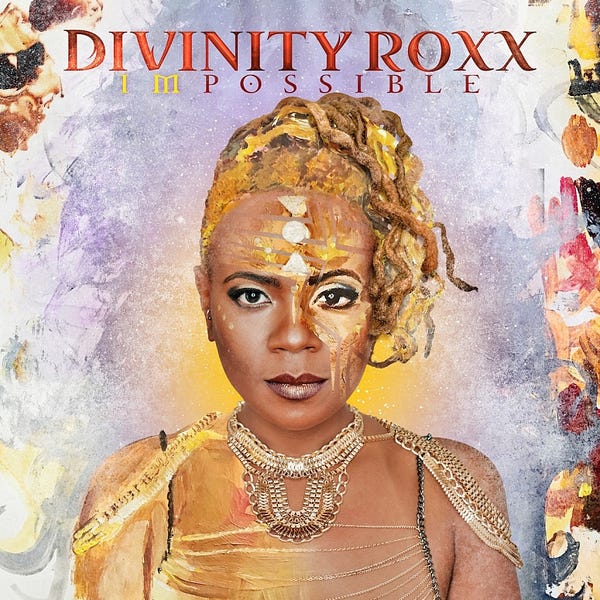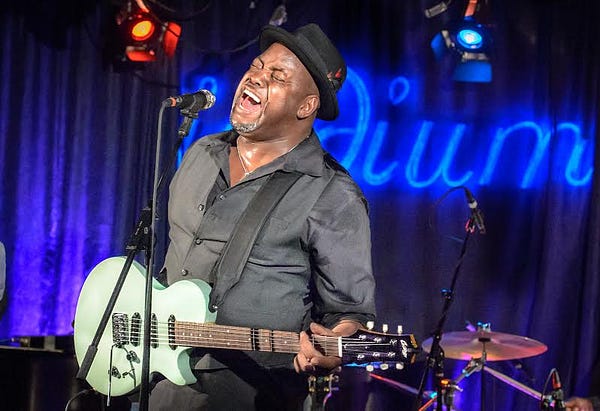Playwright, novelist and poet Samuel Beckett , better than any other 20th century writer I've read, best expressed the pervasiveness of what one can refer to as the " existential stall". That is say that is the the state at which one realizes precisely the redundant nature of their existence, the stuff of the everyday being reduced to activities that have gone beyond habit or ritual and slipped into the anonymous functions of organisms maneuvering out of organic necessity, without the philosophical solace of free will. Combined with that is the awareness his narrators have of the small set of rooms their biographies and emotional reservoirs inhabit, but yet even with such acute awareness, done so in fractured, cryptic, half coherent remarks and complaints against a scenery and set of responses that repeat themselves , reliable as brief train schedules, there is not the will, the imagination, the energy to break the chains and do something else all together.These elements combined, churning, burning, roiling with their unchanging content , results in a paralysis, the inability to transcend one's despair and ennui and create something new and dynamic for themselves. An old saw of existentialist thought, a notion detectable in even the more abstruse and gratingly opaque writings of Kierkegaard, Tillich, Sartre, and the lot, religious and atheist alike, is that life gains meaning through one's acceptance of the fact that purpose is not given to our breathing and ambulatory ways metaphysically, but only by an act of creative commitment to a way of living, and and the taking responsibility for the consequences of choosing to live in such a self defined fashion.
The discussions are lengthier than that in each and all existential authors worth discussing,but the essential notion is that there is an ethical dimension one must achieve with complete awareness of what the world is like, in situ. Achieving this requires work, though, and such work is the sort of thing that causes the proverbial realization of everything you thought you knew about yourself and the life that contains your existence is wrong. Beckett's characters only get half way there and prefer, it seems,the persecution of the hallow echo of their meaningless , repetitive acts than the true freedom that is the adventure of wandering into the truly unknown.
Self awareness in Beckett's world is not the same as free will. Beckett's world is the eternal state of the mind that is too stimulated to sleep and which will not be quieted by lullaby or even the mortal need to rest, shut down, physically and psychically recoup. "I Can't Go On, I Go On" was the title of a superb reader of Beckett's writing , and it crystallizes Beckett's theme of awareness, paralysis. One is weary unto death and wants to surrender and perhaps die , finally, of an exhaustion only the strongest of us can bear, and yet the subject pushes on, repeats the pattern, masters some version of cliche and self assurance to make the reentry into the endless game palatable, but soon enough the protests begin again, the complaints about the trap, the fragments of memory that hint at the happy time when all was whole and fluid, and the trauma that was the fall from grace that removed the salve of hope and purpose from a life and made into a hell of awareness of the sheer futility of pressing on and it's twin state, the futility of abandoning what one is doing over, and over and over. Beckett's art is the artful display of people in purgatories of their own creating.
Cascando
1
why not merely the despaired of
occasion of
wordshed
occasion of
wordshed
is it not better abort than be barren
the hours after you are gone are so leaden
they will always start dragging too soon
the grapples clawing blindly the bed of want
bringing up the bones the old loves
sockets filled once with eyes like yours
all always is it better too soon than never
the black want splashing their faces
saying again nine days never floated the loved
nor nine months
nor nine lives
they will always start dragging too soon
the grapples clawing blindly the bed of want
bringing up the bones the old loves
sockets filled once with eyes like yours
all always is it better too soon than never
the black want splashing their faces
saying again nine days never floated the loved
nor nine months
nor nine lives
2
saying again
if you do not teach me I shall not learn
saying again there is a last
even of last times
last times of begging
last times of loving
of knowing not knowing pretending
a last even of last times of saying
if you do not love me I shall not be loved
if I do not love you I shall not love
if you do not teach me I shall not learn
saying again there is a last
even of last times
last times of begging
last times of loving
of knowing not knowing pretending
a last even of last times of saying
if you do not love me I shall not be loved
if I do not love you I shall not love
the churn of stale words in the heart again
love love love thud of the old plunger
pestling the unalterable
whey of words
love love love thud of the old plunger
pestling the unalterable
whey of words
terrified again
of not loving
of loving and not you
of being loved and not by you
of knowing not knowing pretending
pretending
of not loving
of loving and not you
of being loved and not by you
of knowing not knowing pretending
pretending
I and all the others that will love you
if they love you
if they love you
3
unless they love you
This is a poem about being broken entirely, where the light of one's life is removed through death, divorce and the cruel metaphorical walls that comprise estrangement, a situation where the other side of the bed might as well another continent entirely. The implication here is death, an abortion, a miscarriage, strongly suggested by the anguishing yearning of the first stanza. What I take away is the death of the child that was to be the demonstration of the union between a man and woman, a continuation of themselves into to the world and to extend the essence of the two of them into the future which, like many of us do in younger years, assumed would be endless and without limit. But there is interruption, a death, what had been seen before as the bed where love creates life and so ensures a future with an accompanying purpose now becomes the place where it ends ; hope, love, great pleasures experienced in the seeking of greater gratification and purpose are fragile and are collapsed . There is no reason to continue but one cannot stop, so existence becomes the oblong circle of infinite recollection, rage, regret, resignation, none of the elements illuminating anything in the narrator's life other than the moments leading up the fall.
This a lament that goes on forever in dreams one cannot change, a horror of torched land, trace feelings of now absent embrace, tenderness that grew hard as rock, intimacy that became distance, talk that became slogans, things repeated. There is the imagery of what was fruitful now gone barren, arid, what was full of life now bereft of spirit, animation. There are hints of blood, abortion, of falling in love when the sensation was new and suggestive of possibilities that could be fulfilled and renewed without end or resolution, but love that had cooled to mere affection and familiarity, a love that became habit and redundant rhetoric of convenience that rattled the nerves and deadened an already eviscerated soul with the crushing banality of the expression.
One half asks and half answers their own questions, repudiate their own protests, stifle the roar of rage with a hard, gulping swallow. One wants to destroy the bounds that keeps this a rotating cycle of dread , one wants to walk away from the argument with oneself, that add space in the psyche where inflated sense of guilt and the wan giddiness of redemption and deliverance alternate in informing the nervous system that the war that rages in the center of one's emotional continuum is harsh, unforgiving, ongoing,
Beckett's dramas and his novels and his poems as well are resolutions denied, interrupted, a jabbering of frayed tongues uttering repetitive phrases and variations there of as the characters, the narrators, the damned search through images of the past attempting to locate the precise moment things went wrong , awry, and life became a sequence of competing monologues that cannot , for all their sound and sharp recounting of people , places and things, stumble upon an idea , an inspiration that might avail them like wisdom and insight, This is Beckett's genius.
This poem is nothing less than a man who has been figuratively skinned alive by the collapse of his great love; there is moaning to the sky and beyond, a caterwaul to beyond the stars and perhaps to the ear of a God who does not intervene nor offer the intuited clue as to how to achieve closure and to garner the strength to press on with the remains of one's life once the affair is cruelly concluded. Whether there is God who will do the impossible if he were sought or a God who is sadistic, silent and passive is not the point because all there is is silence and the elements that allow for growth are within, if one, no matter how bereaved and bemoaning , has it within himself to break free of the past they are chained to and dare to imagine a remainder of life that is new, unknown.













